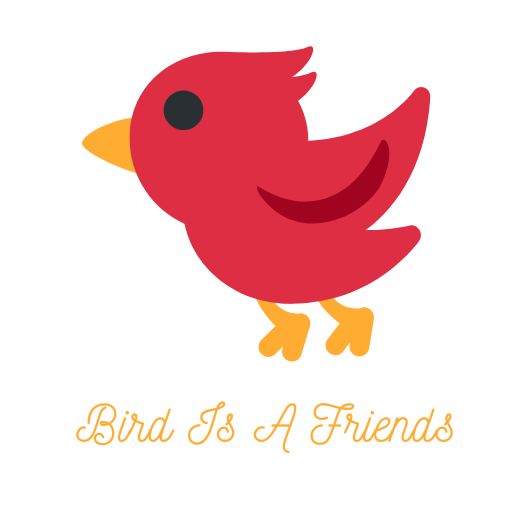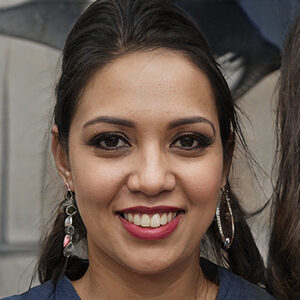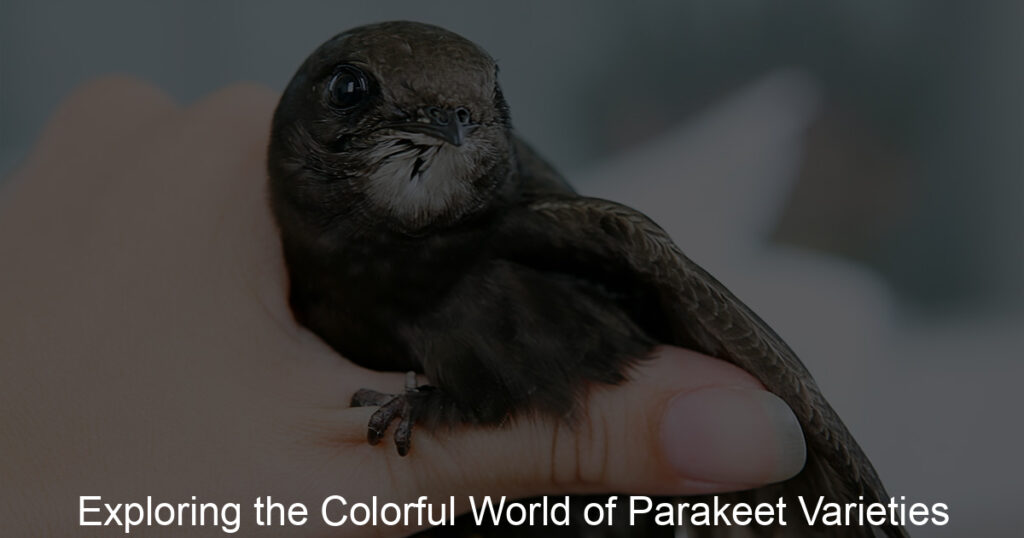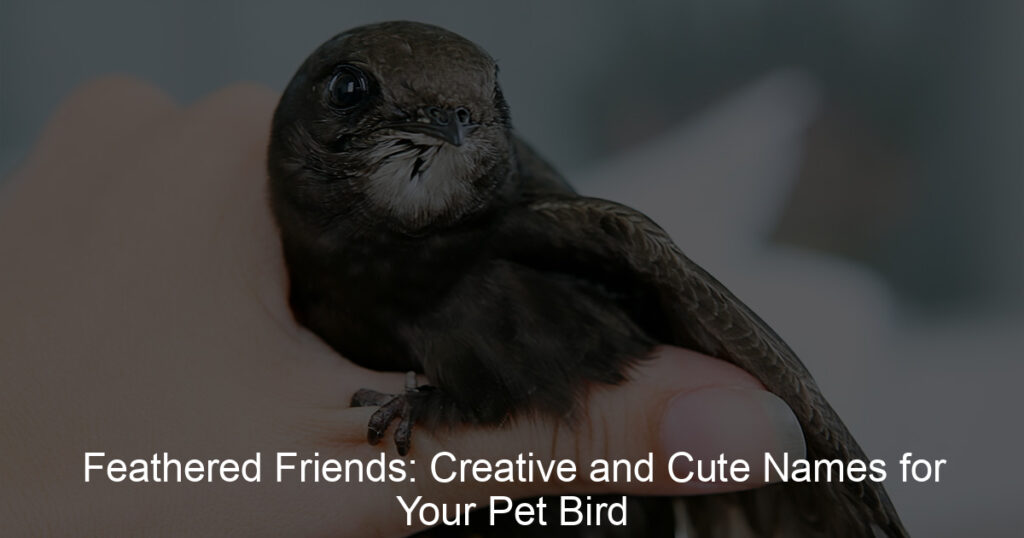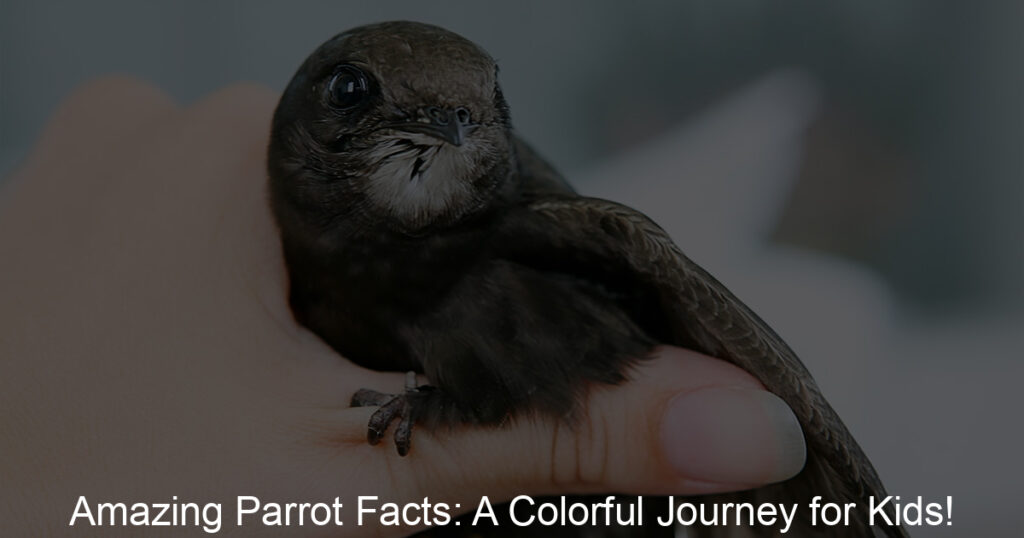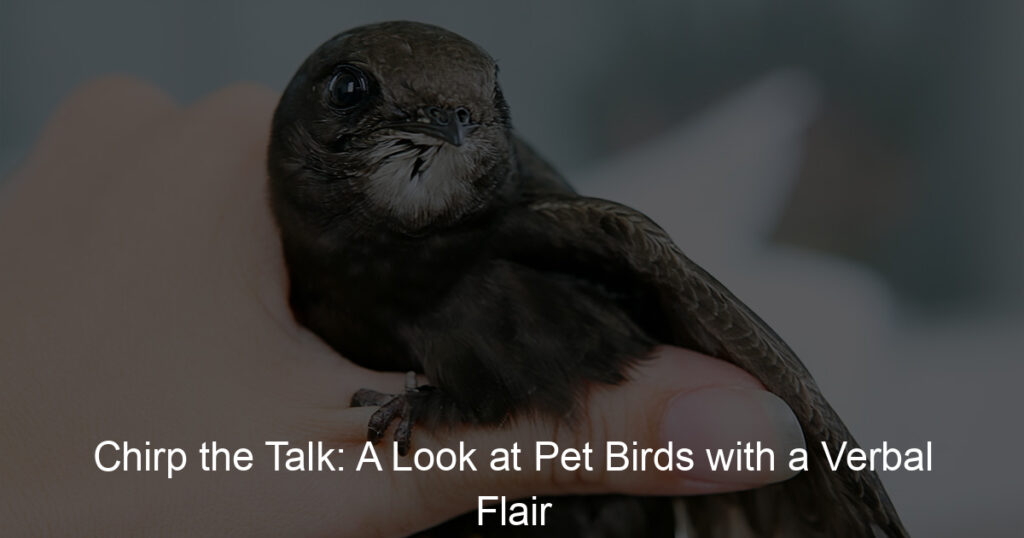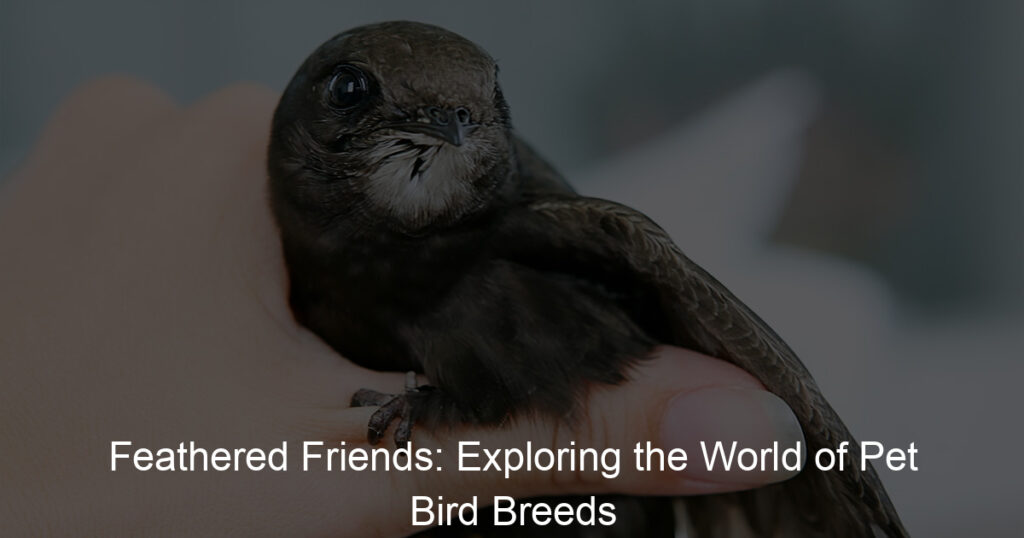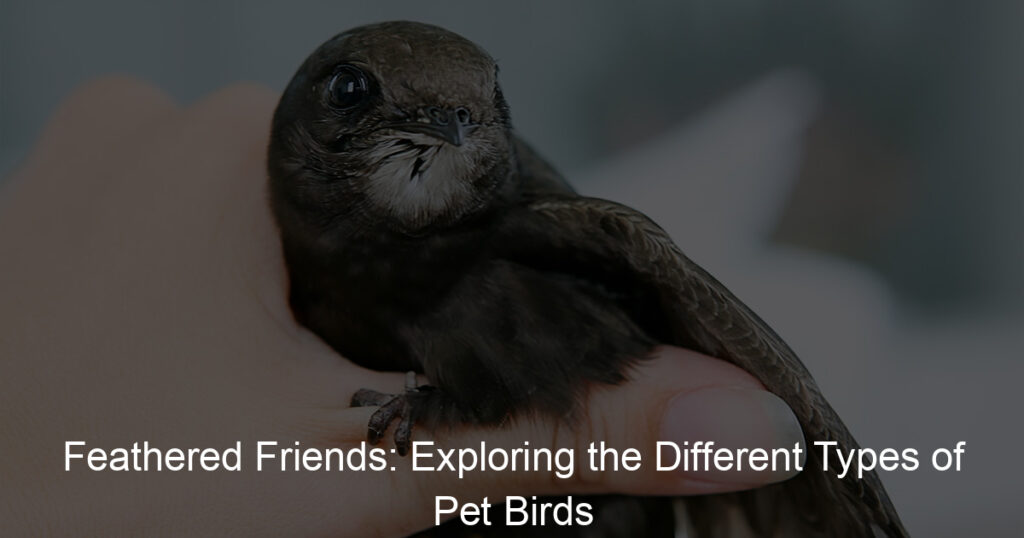Though people might not think of it at first, pet birds need just as much care as any other pet when it comes to diet and nutrition. Just like other animals, each type of bird has its own set of nutritional needs that must be met in order for them to stay healthy and happy.
If you’re thinking about bringing a feathered friend into your home, make sure you do your research on what kind of diet they will need first. In this blog post, we’ll give you some tips on how to provide proper nutrition and diet for your indoor pet bird.
What is a good diet for a bird?
A good diet for a bird is one that allows it to get all the nutrients necessary to keep it healthy and thriving. Such a diet should include seeds, fruits, vegetables, nuts, mealworms, and other high-quality bird foods designed for specific species. Some birds may also benefit from fresh greens such as spinach or kale as part of their daily intake.
Foods should be supplemented with vitamins and minerals for overall well-being. It’s important to take into account the species of your particular bird when deciding on its diet; each species has its own set of dietary needs that should be met in order for them to stay happy and healthy.
How can I make my bird healthy?
Keeping your bird healthy is key to ensuring its optimal health, behavior, and longevity. Providing a balanced diet that includes proper nutrition and the right supplements can help ensure your bird’s well-being.
Regular vet check-ups can also be critical in uncovering underlying medical problems that could affect your pet. Additionally, providing plenty of mental stimulation by regularly interacting with your feathered friend can keep it feeling content and alert. Taking these simple preventative measures will go a long way in keeping your avian companion happy and healthy.
How often should you feed your pet bird?
Feeding your pet bird is an important part of keeping them healthy and happy. Ideally, small birds like parakeets, canaries, and finches should be fed twice a day – once in the morning and once in the evening – while larger birds may benefit from three meals per day.
Each meal should consist of a variety of fresh foods including fruits, vegetables, greens, cooked legumes, and grains, with an occasional treat of seed mix or an insect. Remember to always provide your pet bird with plenty of fresh water during every feeding session and make sure to discard any uneaten food after they’ve finished eating.
With regular daily meals, you’ll be providing essential dietary components that will ensure your pet bird stays in tip-top condition for many years to come!
How much food should you feed your bird?
Bird owners have a variety of opinions when it comes to how much food should be given to their pets. The general consensus is that parrots and other pet birds should get between 2-4 tablespoons of fresh food each day, preferably split into two meals.
That amount depends on the size and species of the bird, as well as its specific nutritional needs. A pellet-based diet supplemented with fresh fruits and veggies should meet a bird’s dietary needs. An important thing to consider is that overfeeding can cause a variety of health issues, such as obesity, so it’s important to feed your bird properly in order to keep them healthy.
What foods are toxic to birds?
Though they make wonderful pets, birds require a specialized diet to stay healthy. Unfortunately, common household foods can sometimes be toxic to them; items like avocados, chocolate, caffeine, and alcohol should all be avoided at any cost.
Onions, garlic, and mushrooms are also dangerous for birds to consume; even small amounts can cause severe illness or death. Careful consideration should always be taken about the food sources for these creatures; if there are any questions about the safety of an item, it is best to do some research before offering it to your feathered friend.
What foods should birds not eat?
Providing any pet with the proper nutrition is essential for maintaining its health and overall well-being, and Birds are no exception to this. Many human snacks and treats are a no-no for birds, including chips, crackers, peanut butter, and other salty or fatty items; these can lead to serious health problems.
Chocolate is especially off-limits due to the high levels of caffeine and theobromine it contains which can be toxic to our feathered friends if ingested in large quantities. In addition, onions & garlic should also be avoided as they contain compounds that could damage a bird’s red blood cells in small doses.
However, while there is a veritable laundry list of foods their avian owners should not offer them as treats, there are plenty of healthy options that can satisfy their nutritional needs while providing a fun and tasty snack!
The Bottom Line
When it comes to proper nutrition and diet for your indoor pet bird, the most important thing is to make sure you offer a variety of healthy foods as per their specific requirements. Don’t forget to make sure that their environment is clean, safe, and comfortable.
Additionally, do not forget to provide them with enough exercise and activities that would stimulate their physical and mental health. Providing a good balance of protein, fat, and carbohydrate can ensure that your feathered family receives all the essential nutrients they need while they are living indoors.
With proper nutrition, your bird will remain healthy, active, and happy – giving you years of joy! So don’t neglect their diet — a happy bird will thank you for it!
